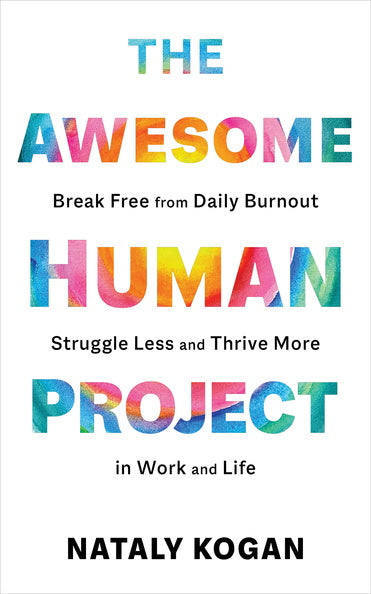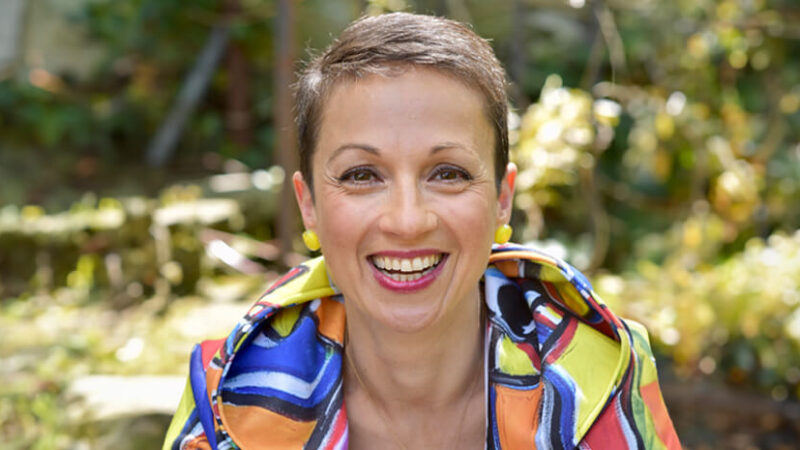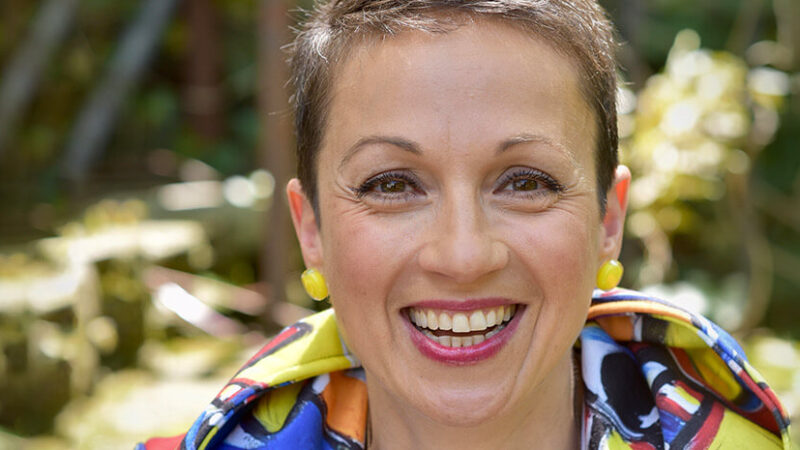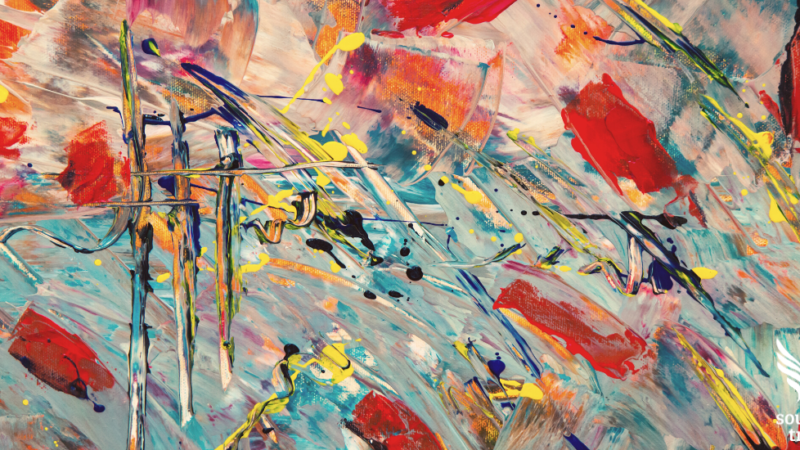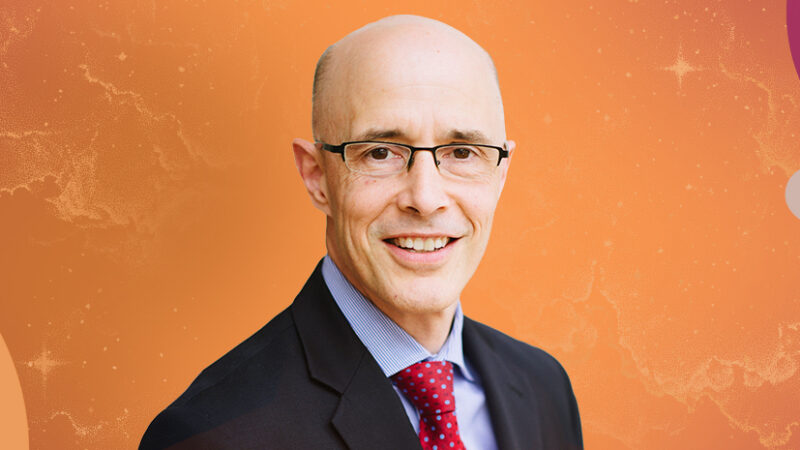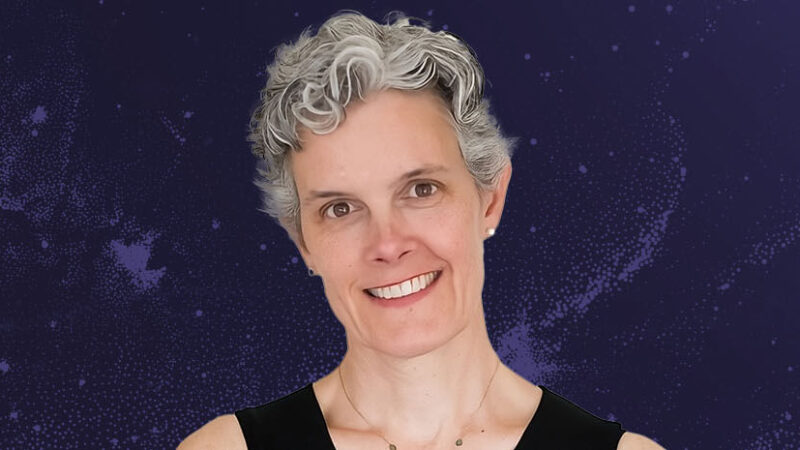The holiday season can be hectic and overwhelming, with many mixed emotions, from excitement to stress. It’s the perfect time to commit to a daily practice of gratitude which will help you experience more moments of contentment and joy and give you resilience to handle the many challenges (including travel and stressful relatives). And when you share your gratitude with others, you help them feel seen, valued, elevated, and help yourself feel more closely connected to people in your life. Here are four ways to practice gratitude this holiday season.
Say Thank You and Mean It
When you thank someone, be intentional about it and put your heart and appreciation into your words. Take a moment, pause, look them in the eye, smile, and say ‘Thank you’. If there is something specific you want to thank them for, do it, go the extra step, that’s awesome.
Daily Gratitude Bookends
Begin and end your day by writing down a few things you’re grateful for. Literally bookend your day with gratitude. If you’re not a journaling type, that’s fine—how about sharing what you’re grateful for with someone else, like a family member, friend, or co-worker—in-person or via text or email. You won’t just be practicing gratitude for yourself but inspiring them to do it also. Remember to be as specific as possible and don’t neglect really small moments.
Gratitude Zoom
If you’re feeling down or caught in a negativity spiral, pause and challenge yourself to find something you can appreciate within your experience, however small. For example, if you’re sad about being sick and missing out on what you would rather be doing, can you feel grateful that you have medicine or a comfortable place to recover or people around to help care for you?
Gratitude Antidote
When something stresses you out—too much traffic, an annoying colleague, etc.—use it as a reminder to practice gratitude. You don’t have to be grateful for whatever is stressing you out, but use it as a nudge to pause, take a breath, and think of something, however small, that you are grateful for in that moment. When you do this, you prevent your brain from going into a negativity spiral, where one annoying thought brings on another, and another, and another, until you have a really rough day.
 Nataly Kogan is an author (Happier Now), speaker, and the founder of Happier. Her work has been featured in hundreds of media outlets, including the New York Times, the Wall Street Journal, TEDx Boston, SXSW, and Dr Oz. Nataly lives with her husband and daughter in Boston. For more, visit happier.com.
Nataly Kogan is an author (Happier Now), speaker, and the founder of Happier. Her work has been featured in hundreds of media outlets, including the New York Times, the Wall Street Journal, TEDx Boston, SXSW, and Dr Oz. Nataly lives with her husband and daughter in Boston. For more, visit happier.com.


